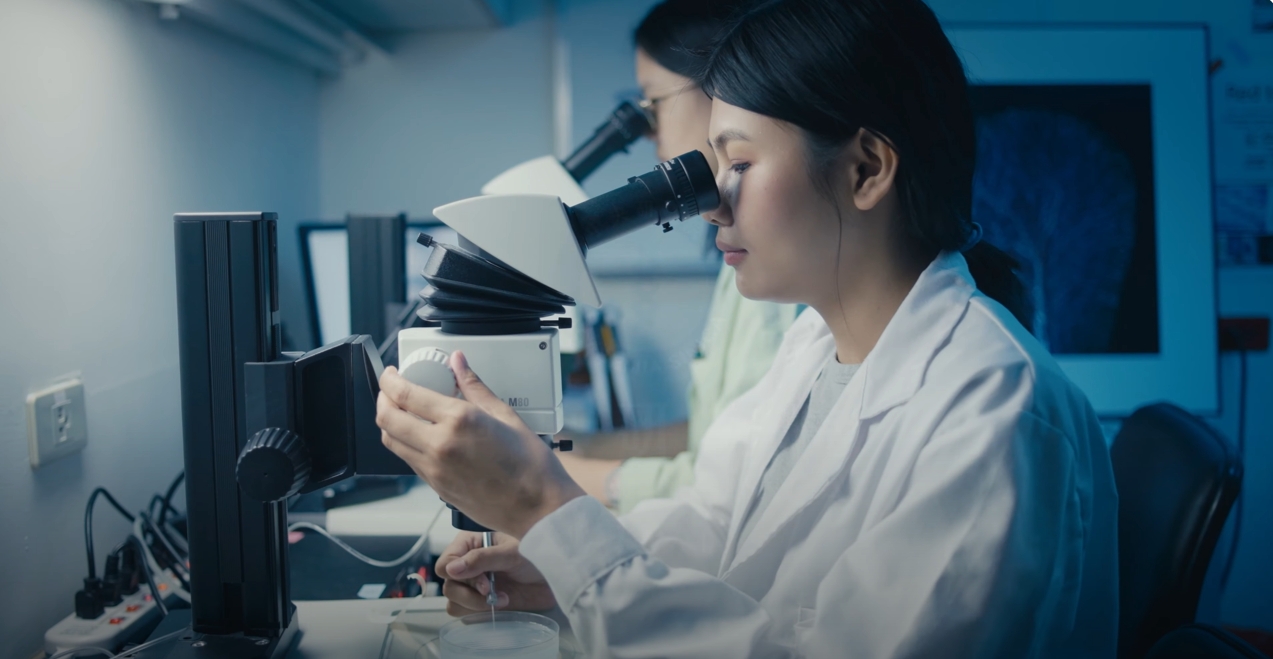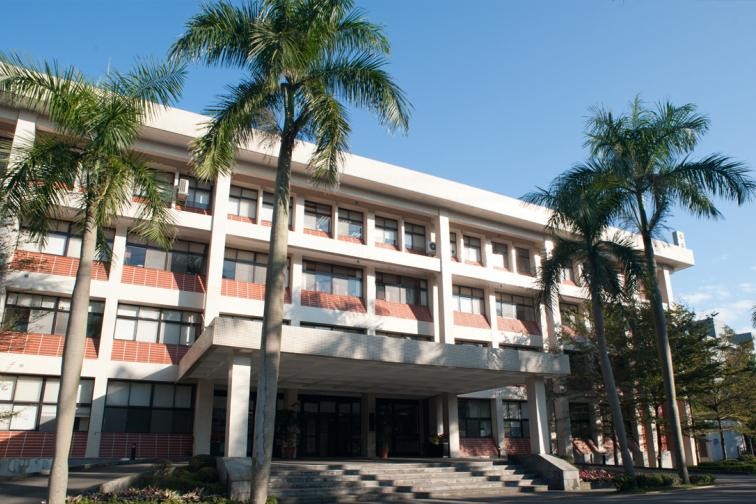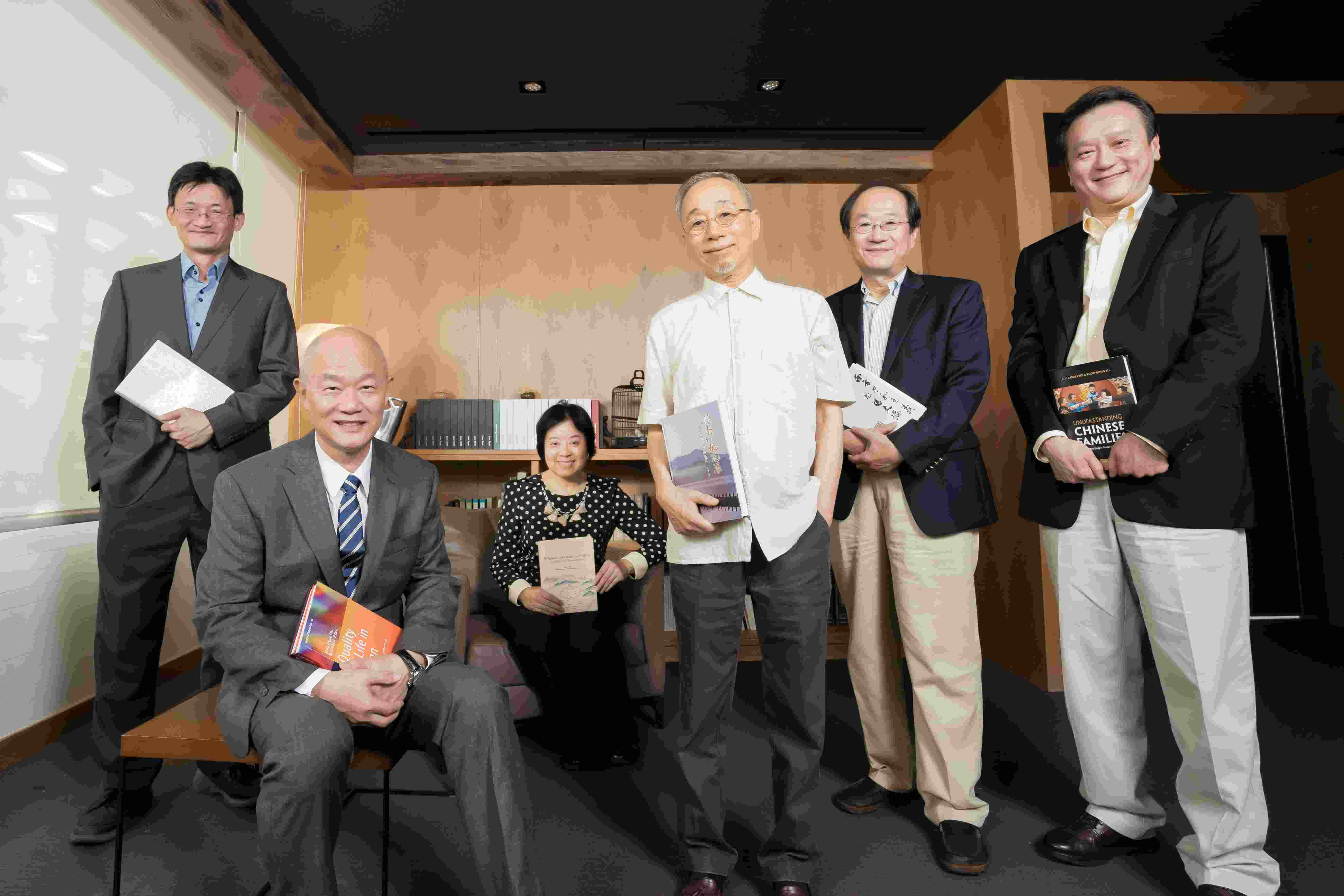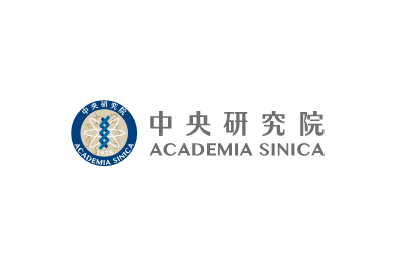- 演講或講座
- 生物多樣性研究中心
- 地點
跨領域科技研究大樓1樓演講廳
- 演講人姓名
劉勃佑博士 (英國倫敦大學)
- 活動狀態
確定
- 活動網址
Microbial Diversity, the Signature of "One Health" at the Human-Animal-Ecosystems Interface
Abstract
One Health is the idea that the health of people is connected to the health of animals and our shared environment introduced by the Wildlife Conservation Society in 2004. One Health aims to achieve optimal health outcomes by recognizing the interconnection between people, animals, plants, and their shared environment. The main objectives are to tackle zoonotic diseases, antimicrobial resistance, food safety, environmental contamination, and even climate change issues. Although the microorganisms connect the different aspects of One Health, they are regarded as the pathogenic roles. However, microbial communities that mutualize with animals support absorption, immune maturation, pathogen protection, and even reflect environmental changes by altering microbial compositions. Recently, increased microbiome studies have filled the gaps of the One Health concept among humans, animals, the environment and microorganisms. My studies focused on wild animal (flying squirrel) and human gut microbial diversity and their interactions with environmental factors, including seasonal phenology changes, antibiotics exposure, and dietary patterns. These results give an insight into what the gut microbiotas mediate both individual and environmental health (climate change and antibiotic residue exposure). In addition, to improve our understandings of the microbial mediated mechanisms, both experimental and analytical tools are developing for my research systems: a minimal microbial community for deciphering molecular mechanisms and ecological roles of gut microbes and an alignment-free clustering method for optimizing 16S amplicon sequence variants (ASVs), reducing zero-inflation from the amplicon sequence denoising pipeline.









 首頁
首頁

